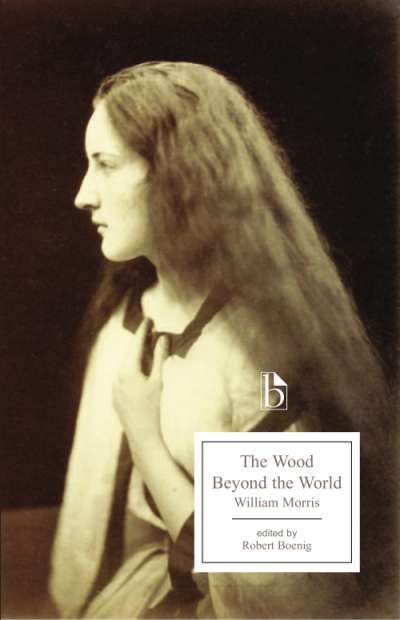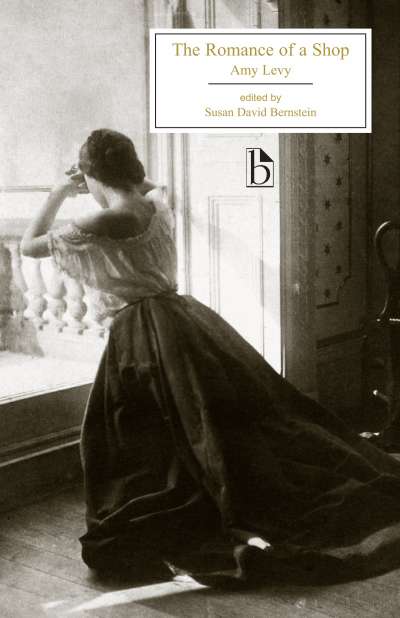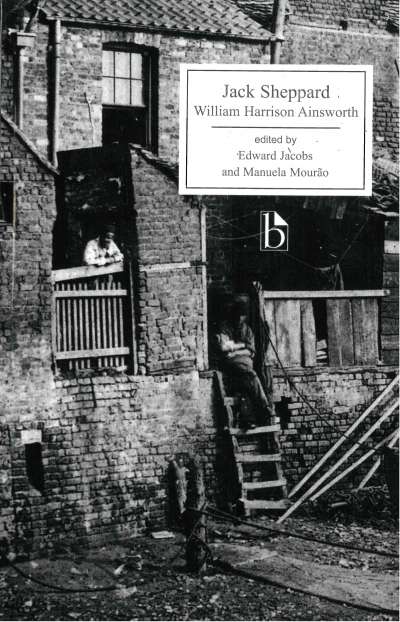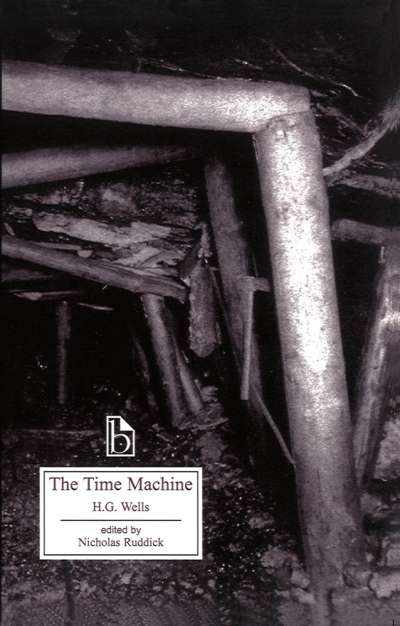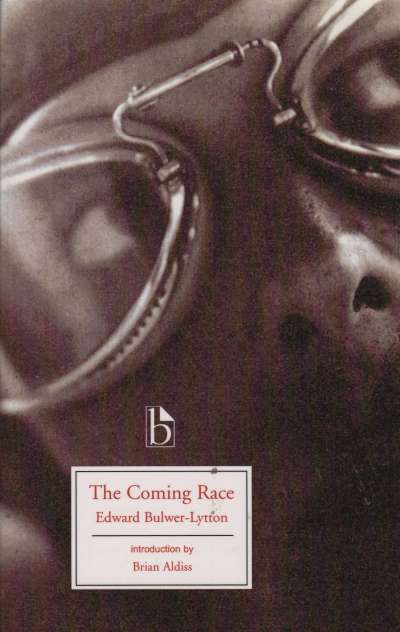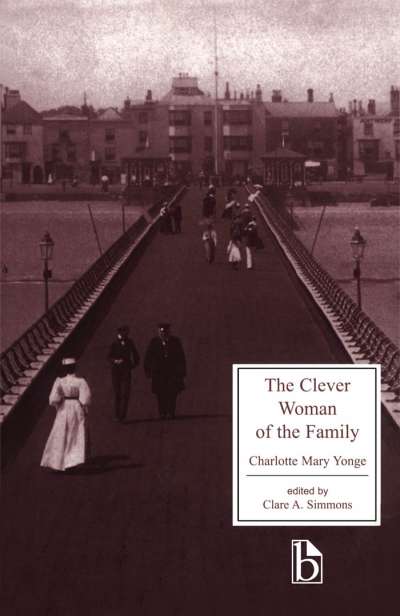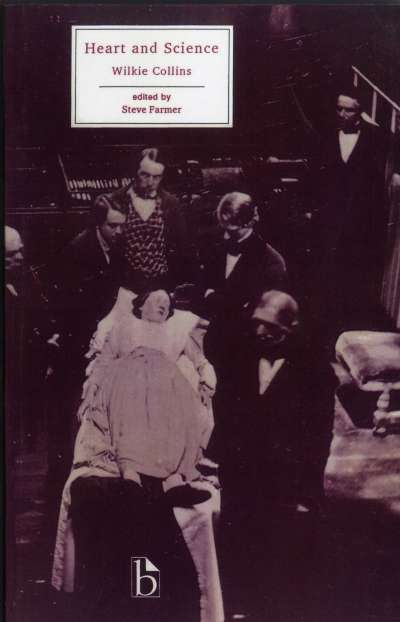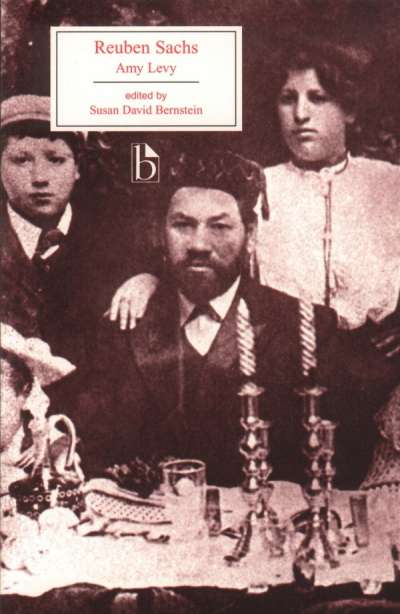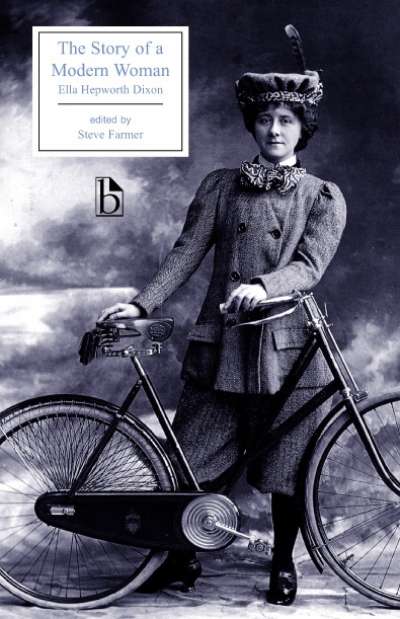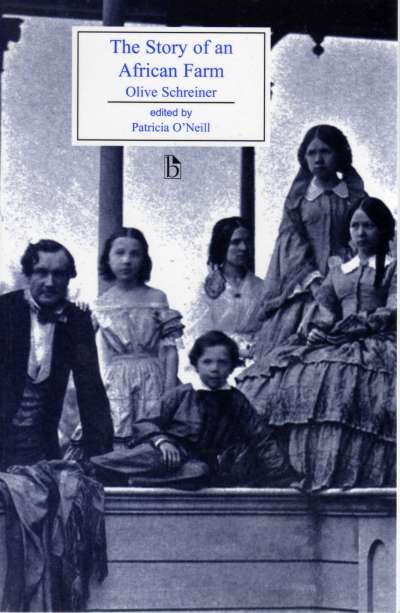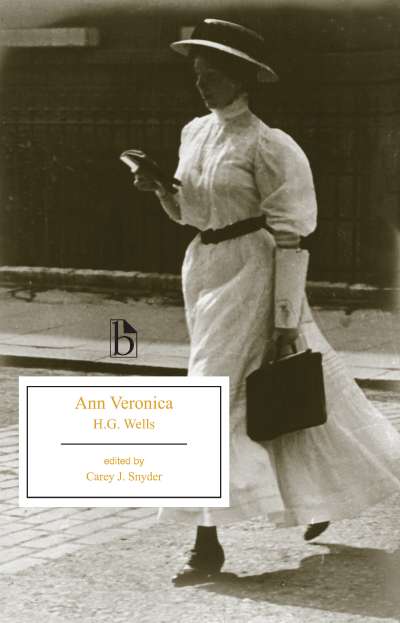New Grub Street is the only one of George Gissing’s two dozen novels never to have gone out of print, and has long been recognized as the most important novel of the nineteenth century on the subject of the writing professions. Indeed, no novel in the English tradition even remotely approximates the thoroughness, sophistication, and clear-sightedness with which New Grub Street explores the social and economic contexts in which writing, publishing, and reading take place. The critical introduction to this edition gives an account of Gissing’s life and times and an overview of the most important stylistic and thematic features of New Grub Street; special attention is given to the writing and publishing professions in late-Victorian England, emphasizing the range of social and economic positions that writers occupied during the period.
This Broadview edition also includes a rich selection of historical material on the literary world of London through the centuries, authorship as a profession, and Gissing’s life and work.
Comments
“Few novels detail with such sparkling, bitter intelligence the emotional and financial toll that creating and publishing fiction can take on a writer’s life. Yet, for all its bleakness, Gissing’s satire remains a compelling read and a bracing book to teach, because it captures, like no other Victorian novel, the strains of innovation and enervation that alternately inspire and beleaguer its weary idealists and cunning pragmatists. New Grub Street has fresh relevance for us, as Stephen Arata’s skilful introduction makes clear, because all its major themes—the pressures of commerce, financial precariousness, dwindling interest in literature and print journalism, and concern about maintaining a serious forum for art and ideas—are, if anything, even more urgent matters today.” — Christopher Lane, Northwestern University, author of Hatred and Civility: The Antisocial Life in Victorian England (2004)


